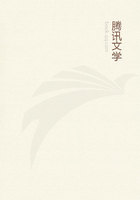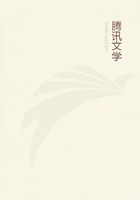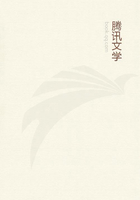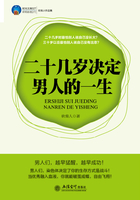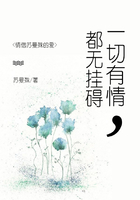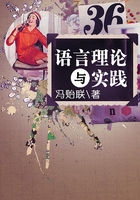Of these the two who, more than others, contributed to give Greek and Latin a good standing in the schools of the country were William Selling and William Hadley, both Benedictine monks of Canterbury. They studied at Bologna, Padua and Rome, and were brought into contact with Politian and other distinguished Humanists. Selling was recognised as an accomplished Greek scholar, and on his return he set himself to remodel the course of studies at Canterbury so as to ensure for the classics their proper place. The influence of Canterbury and of Prior Selling helped very much to spread the classical revival in England.
Selling's most remarkable pupil was Thomas Linacre (1460-1524), who went to Oxford after having completed his early education at Canterbury, and was chosen Fellow of All Soul's College. Later on he accompanied his old master to Italy, where he had an opportunity of mastering the intricacies of Latin style from Politian, the tutor of the children of Lorenzo de' Medici, and of Greek from Demetrius Chalcondylas. He turned his attention to medicine and received a degree both at Padua and Oxford. His position at the courts of Henry VII. and Henry VIII. gave him an opportunity of enlisting the sympathies of the leading ecclesiastical and lay scholars of his day in favour of the literary revival. In his later years he was ordained priest and held some important ecclesiastical offices. Other distinguished scholars and patrons of the revival in England were Grocyn, a companion of Linacre at Oxford and in Italy and afterwards lecturer on Greek at Exeter College, Oxford; John Colet (1467-1519), Dean of St. Paul's, the friend of Budaeus, Erasmus, Linacre, and Grocyn, and founder of St. Paul's School; William Lilly, appointed by Dean Colet as first master in this school; Fisher (1459-1535) Bishop of Rochester; and Sir Thomas More (1480-1535).
The Humanist movement in England, unlike the corresponding movement in Italy, was in no sense hostile to religion or to the Catholic Church.
Many of its leaders desired reform, but not a single one of the prominent scholars of the period showed any sympathy with Luther's revolt. The very founders of the revival in England, Selling, Hadley, Linacre and Grocyn, were ecclesiastics whose faith was beyond suspicion; Colet died as he had lived, thoroughly devoted to the Church; while Fisher and Sir Thomas More sealed their loyalty to the ancient faith with their blood.[18]
The revival in Spain owes much to the patronage of Queen Isabella and the exertions of Cardinal Ximenez (1436-1517). The leading universities, Seville, Alcala, and Salamanca, were not unfriendly, and the whole educational system was remodelled in favour of the classics.
Cardinal Ximenez devoted himself to the preparation of the Polyglot edition of the Bible, the New Testament portion of which was printed so early as 1514, and the whole work was published in 1522. The leading Humanist scholars were Lebrixa, or as he is called in Latin Lebrissensis, Nunez, and Ludovico Vives (1492-1540), the latter of whom was deemed by his contemporaries not unworthy of being compared with Erasmus and Budaeus.
The Humanist movement and the general revival of literary, scientific, philological and historical studies to which it gave birth were not in themselves anti-religious, nor did they find in the Catholic Church a determined opponent. Such studies, on the contrary, might have contributed much to promote a more enlightened understanding of theology, and more especially of the Scriptures, a fact which was understood thoroughly by the ablest ecclesiastics of the time. In Italy, Germany, France, and England, bishops and abbots vied with secular princes in their patronage of scholars, while the influence of the Popes, notably Nicholas V., Sixtus IV., Julius II., and Leo X. was entirely in favour of the Humanist party.
Yet, while all this is true, the Humanist movement did much, undoubtedly, to prepare men's minds for the great religious revolt of the sixteenth century. Springing into life as it did at a time when the faith of the Middle Ages was on the wane, and when many educated men were growing tired of the cold formalism and antiquated methods of the Schoolmen, it tended to develop a spirit of restless inquiry that could ill brook any restriction. The return to the classics recalled memories of an earlier civilisation and culture opposed in many particulars to the genius of Christianity, and the return of nature tended to push into the background the supernatural idea upon which the Christian religion is based. But the revival did more. The study of the classics brought into prominence serious problems regarding the authenticity, age, and value of certain writings and manus, and by so doing it created a spirit of criticism and of doubt for which the Theologians of the day were but poorly prepared. In a word, it was a period of transition and of intellectual unrest, when new ideals in education were endeavouring to supplant the old ones, and when neither the friends of the old nor of the new had distinguished clearly between what was essential in Christianity and what was purely accidental.
In such a time it was to be expected that ardent Humanists, filled with their new-born zeal for classical studies, should advance too rapidly, and by confounding religion with the crude methods of some of its defenders should jump to the conclusion that a reconciliation between the revival and religion was impossible. Nor should it be a matter of surprise that the Theologians, confident in the strength of their own position and naturally suspicious of intellectual novelties, were not inclined to look with favour on a movement which owed its inspiration largely to Pagan sources. Moderate men, on the contrary, whether Humanists or Scholastics, aimed at a complete reconciliation.

